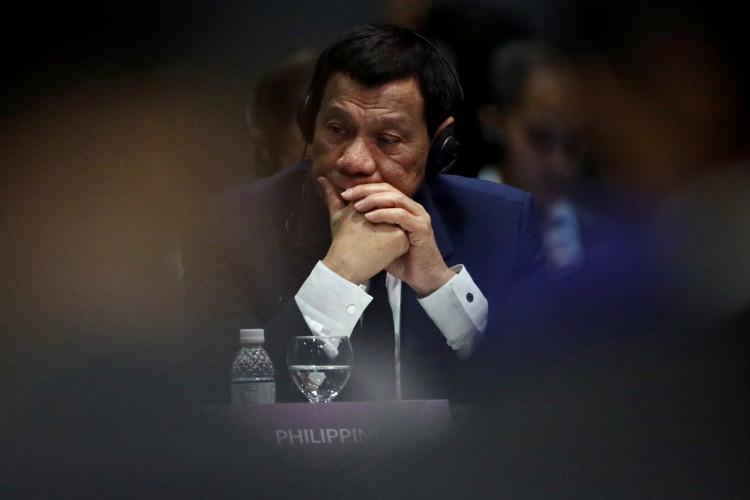The Philippines has started urging foreign investors to consider the country as a business destination following S&P's "BBB+" rating last week that allowed for the Southeast Asian nation to open up further for investments.
According to local news outlet GMA News Network, Finance Secretary Carlos Dominguez III said the improved rating could be understood as a way of telling investors that the Philippine economy is doing much better.
"A higher investment grade credit rating also signals to international investors that the Philippines is now a more attractive investment destination," Dominguez III pointed out during a Malacanang briefing.
Dominguez further explained that if more foreign investors bet their money on the Philippine market, it could help bolster productivity and provide more jobs for the Filipino people. Finally, increased investments could pave the way for the government to implement higher income reforms for the workforce.
In its rating report for the Philippine economy, S&P cited strong and steady economic growth as well as public finances that prove sustainability as reasons for the improved rating.
Like many other developing countries, the Philippines is vying to attain an "A" rating within the next three years or so. S&P did state that it could further up its rating under conditions that the government will display progress in its reform initiatives.
The Bangko Sentral ng Pilipinas (BSP) looks to help the country achieve its investment rating goal by addressing issues raised by S&P and keeping prices on a stable footing as a means of strengthening the bigger finance industry.
Meanwhile, the Philippine economy saw its lowest growth rate yet in four years with a 5.6 percent expansion rate during the first quarter of this year. According to the Philippine Star, economists attributed weaker government spending that affected the growth rate to the delay in passing the national budget.
Socioeconomic Planning Secretary Ernesto Pernia said Congress' failure to pass this year's budget three months prior resulted to a beat down on the economy. Lawmakers disputed some areas of the proposed budget and President Rodrigo Duterte vetoed a portion of the proposal that he deemed were unnecessary.
Pernia argued that the Philippine economy would have to expand at an average of 6.1 percent for the succeeding quarters to bolster the disappointing figures.
Despite the country's poor performance in Q1, economic experts are expecting to see changes as foreign investors begin signing deals to boost local markets. The Philippine News Agency reported that industry analysts are optimistic of the economic drive that new investments will bring in.
Philippine National Bank (PNB) President and CEO Jose Arnulfo A. Veloso noted that infrastructure firms will most likely see a boost in financing. Veloso added that through retaining the country's good demographics, economic growth will recover.






